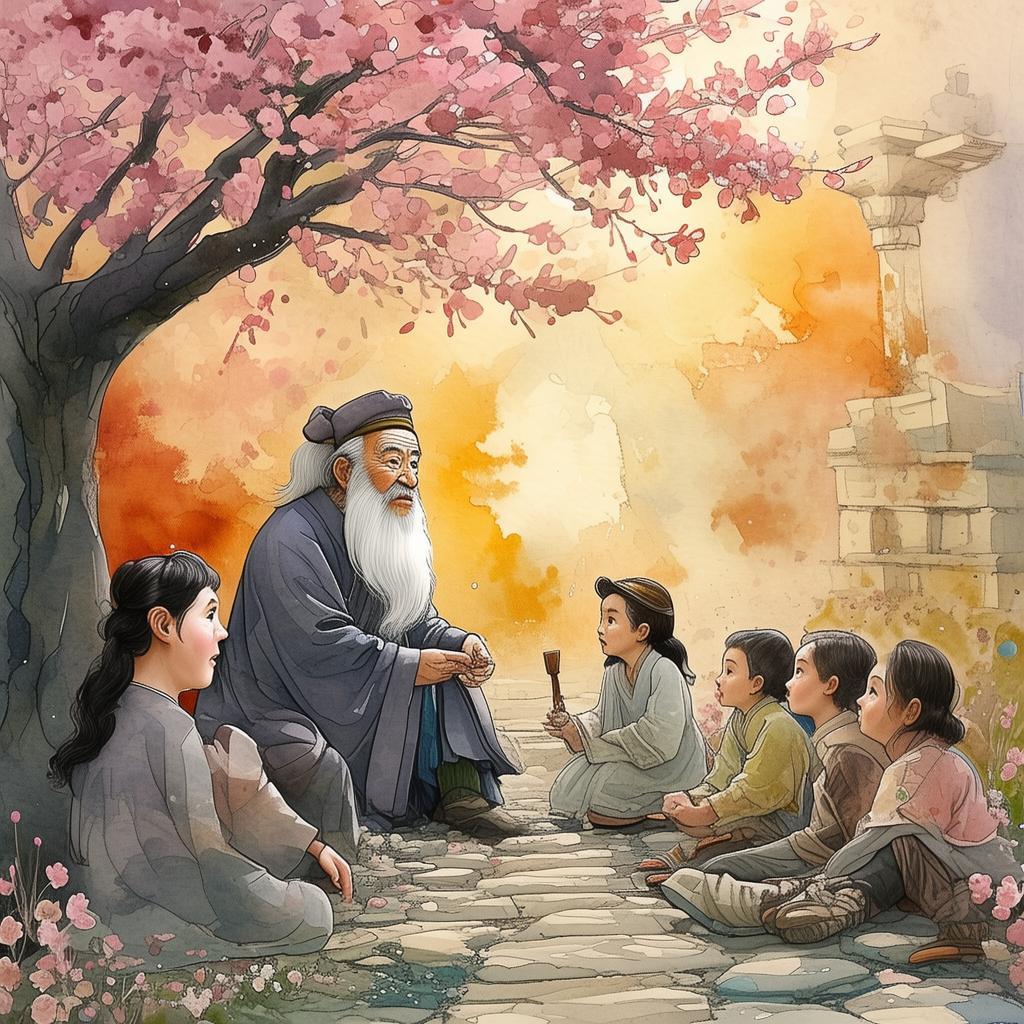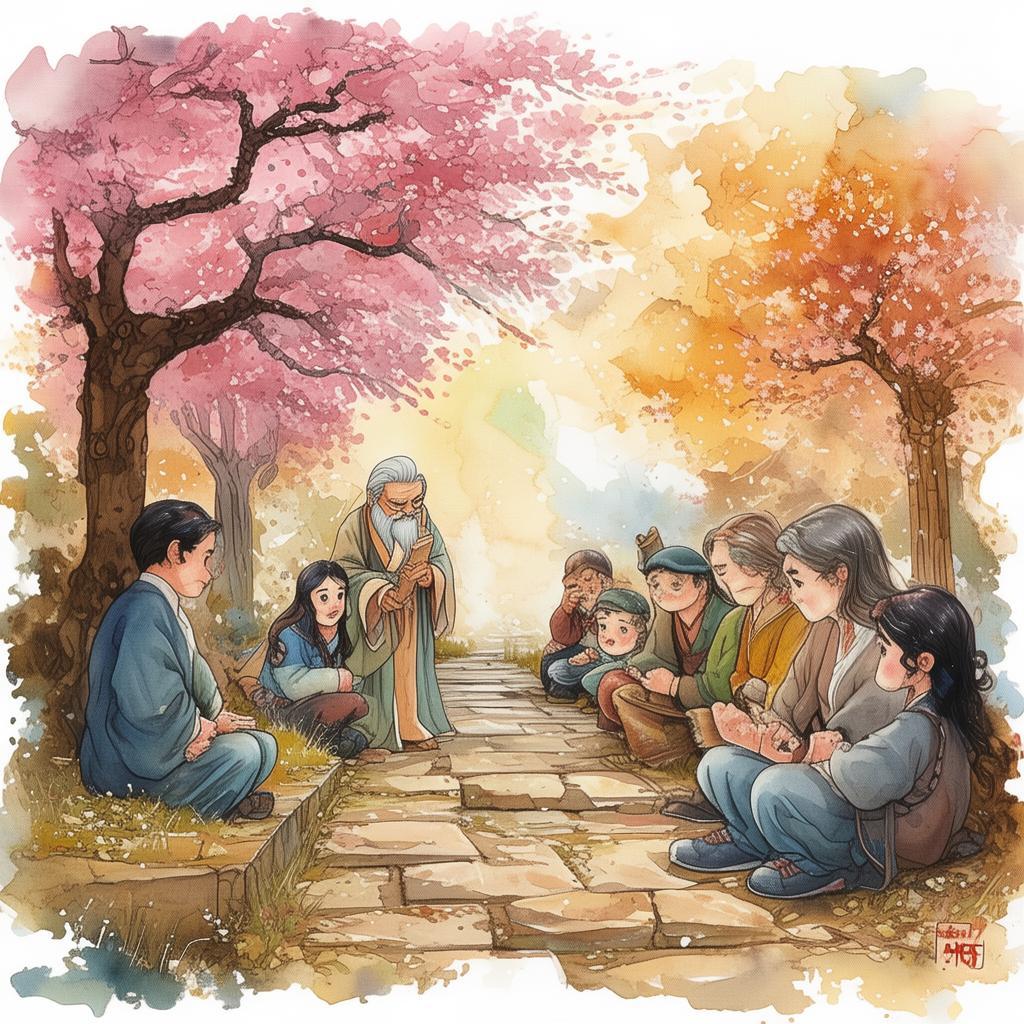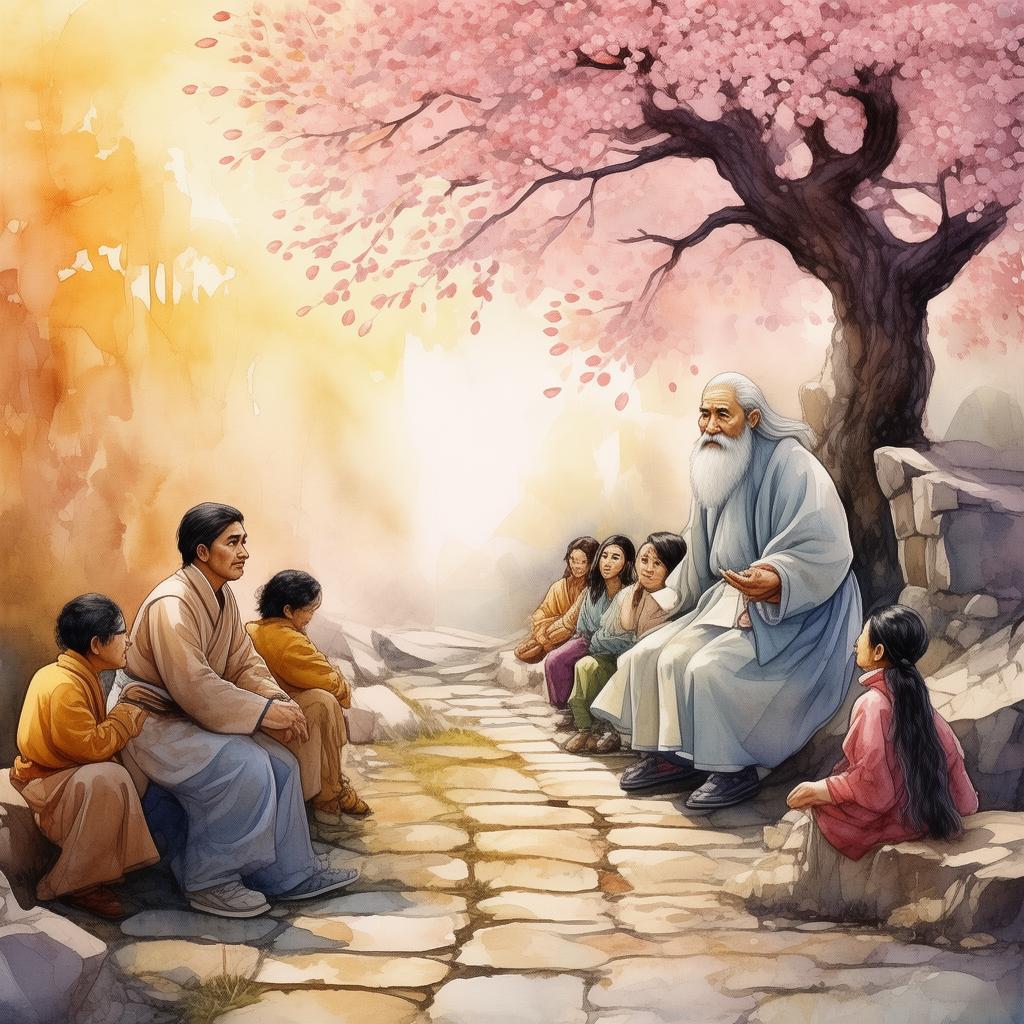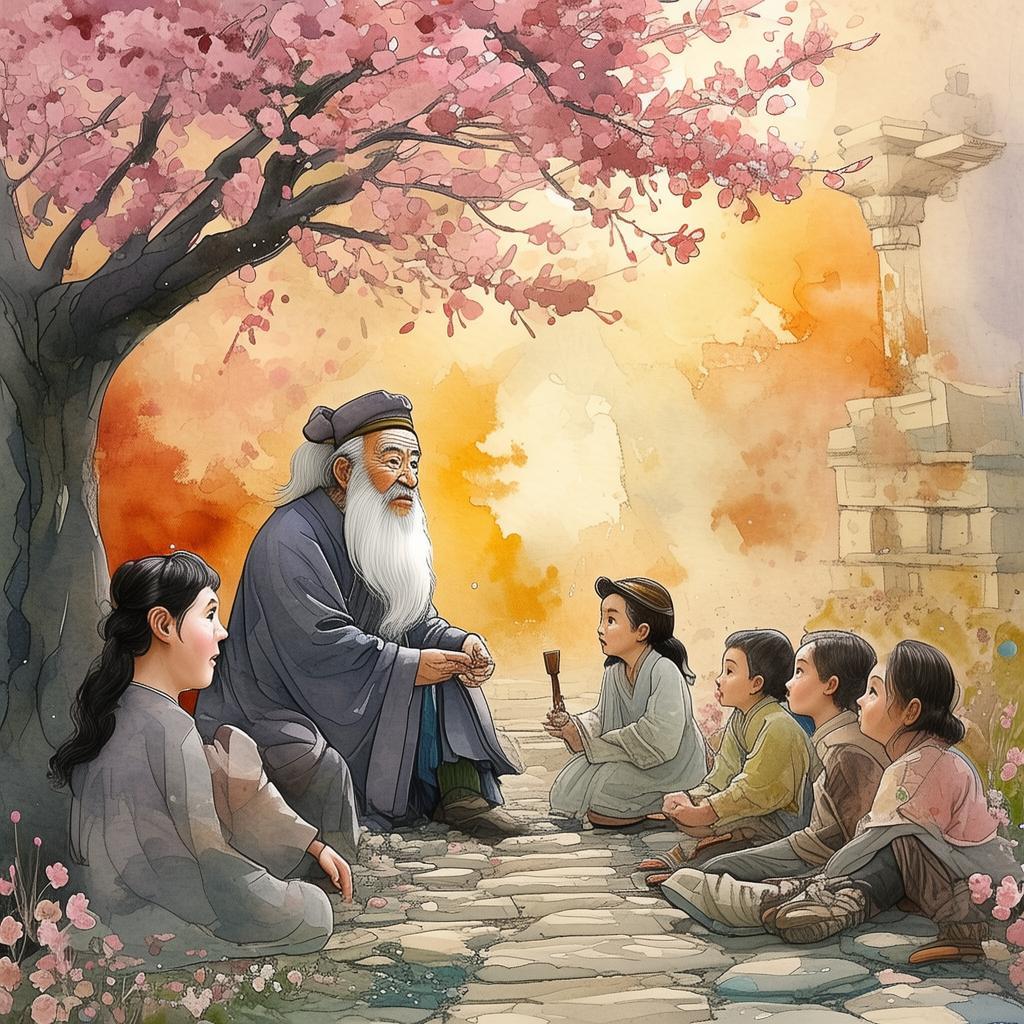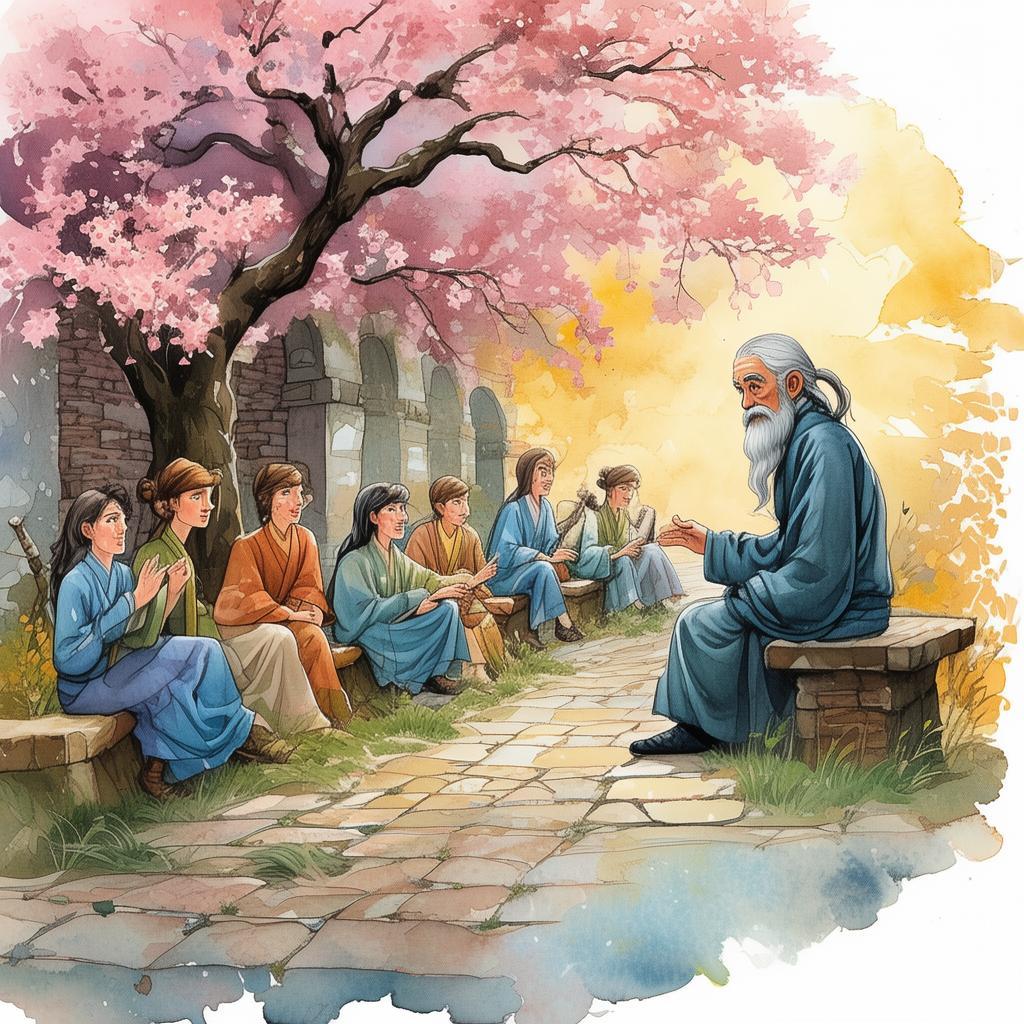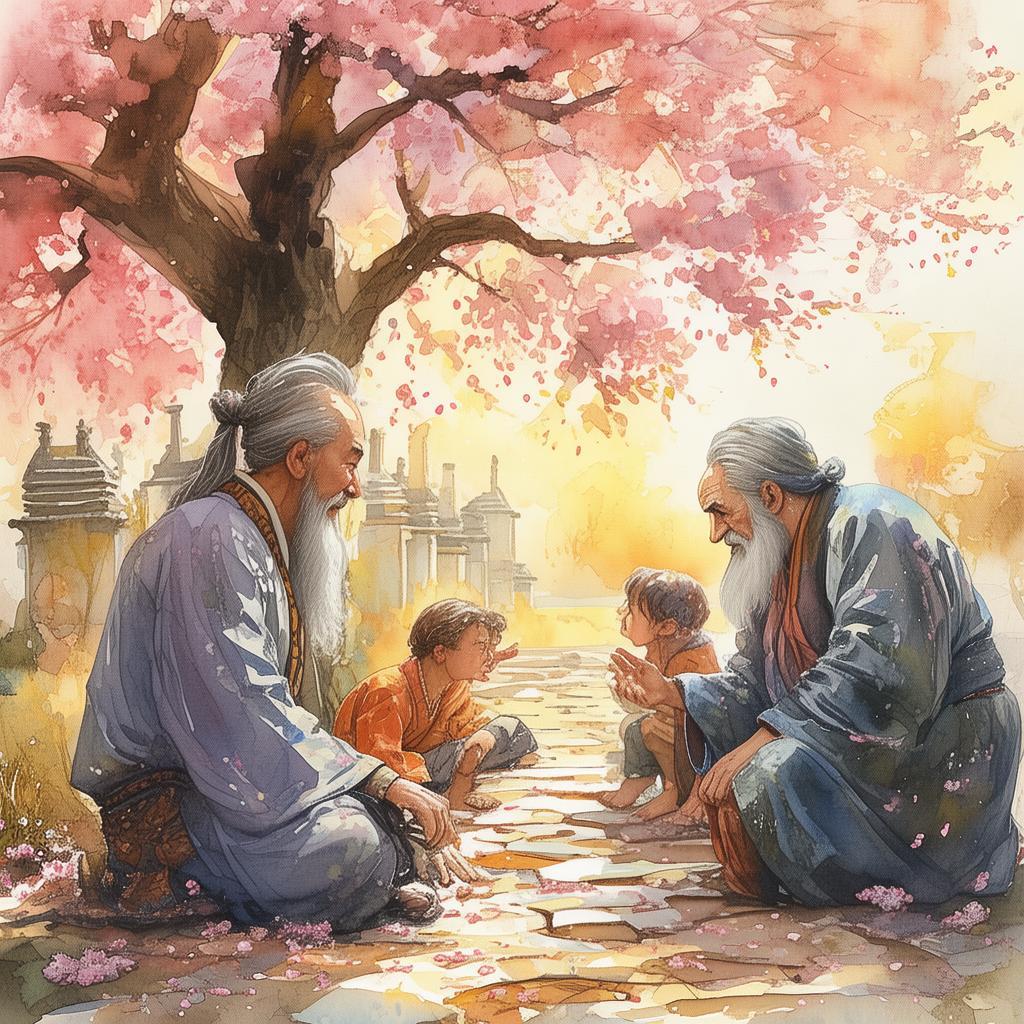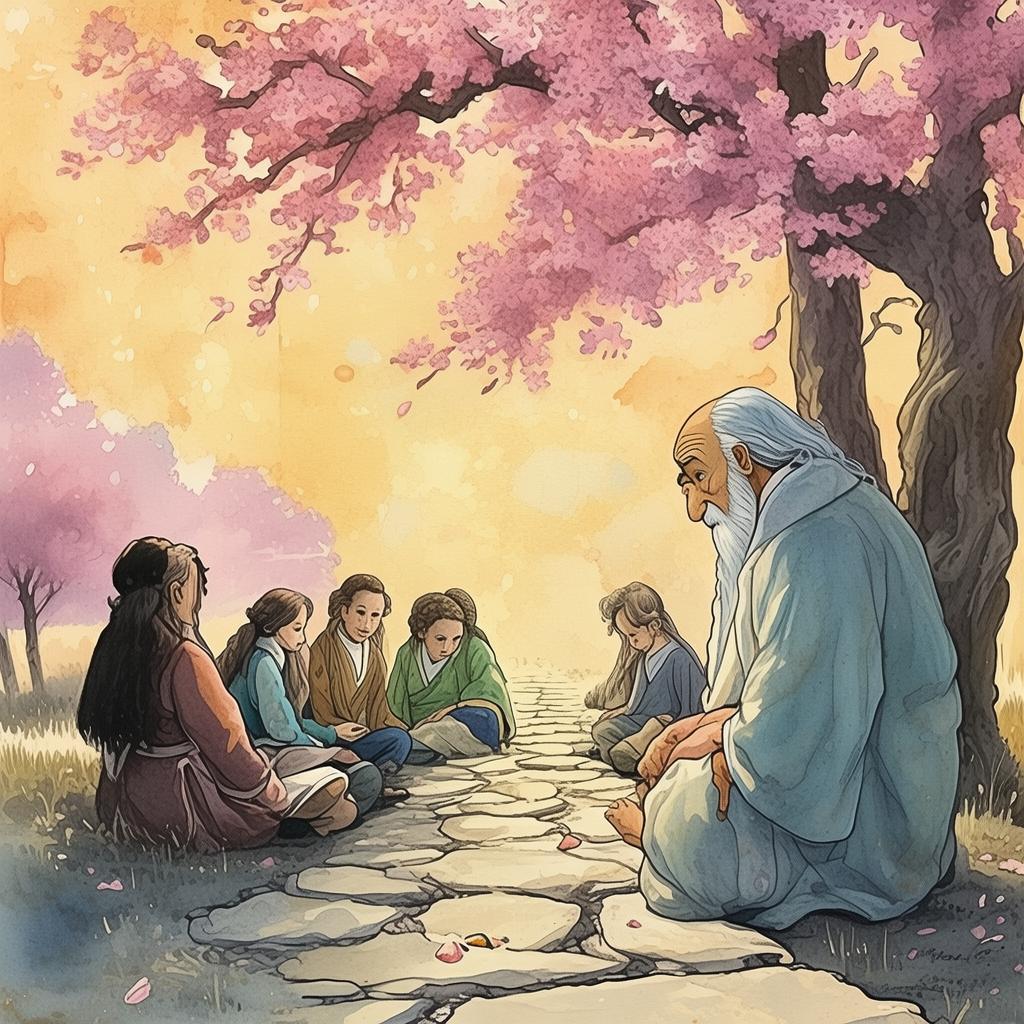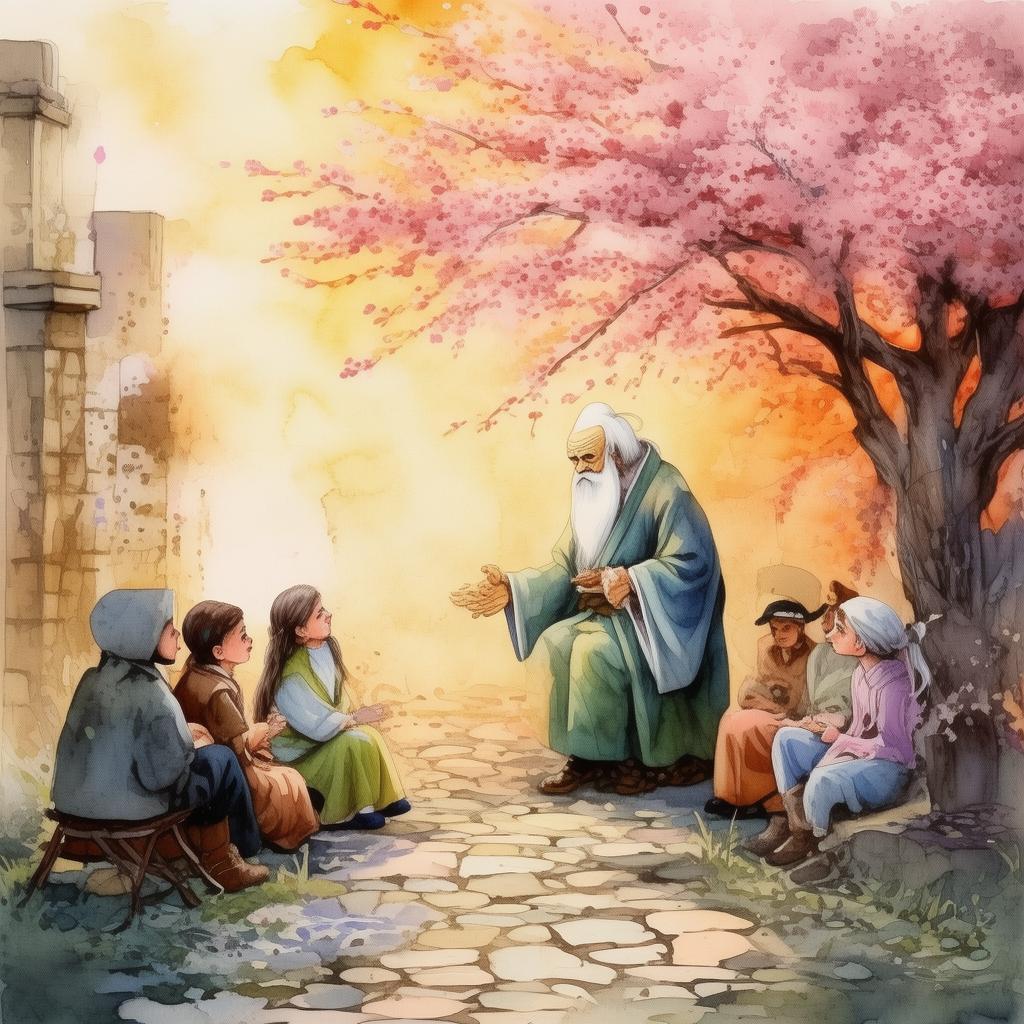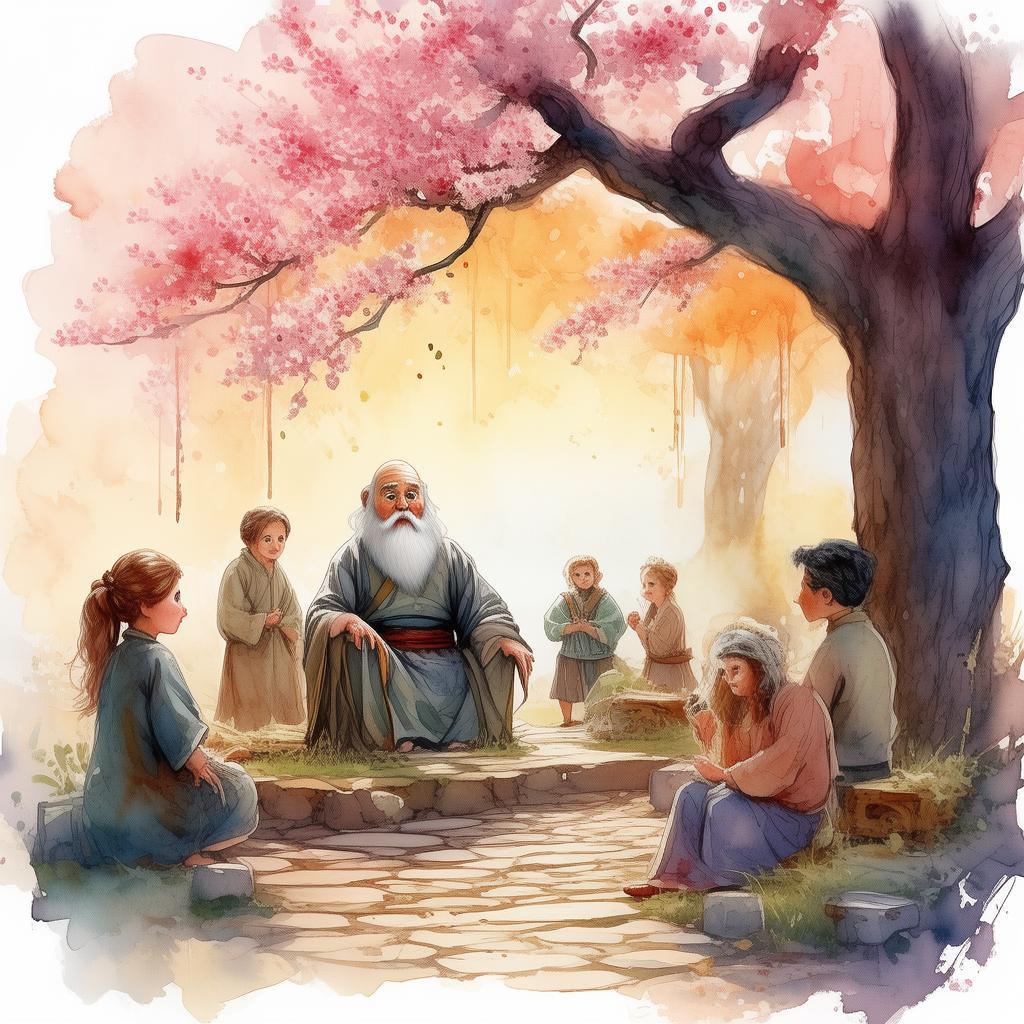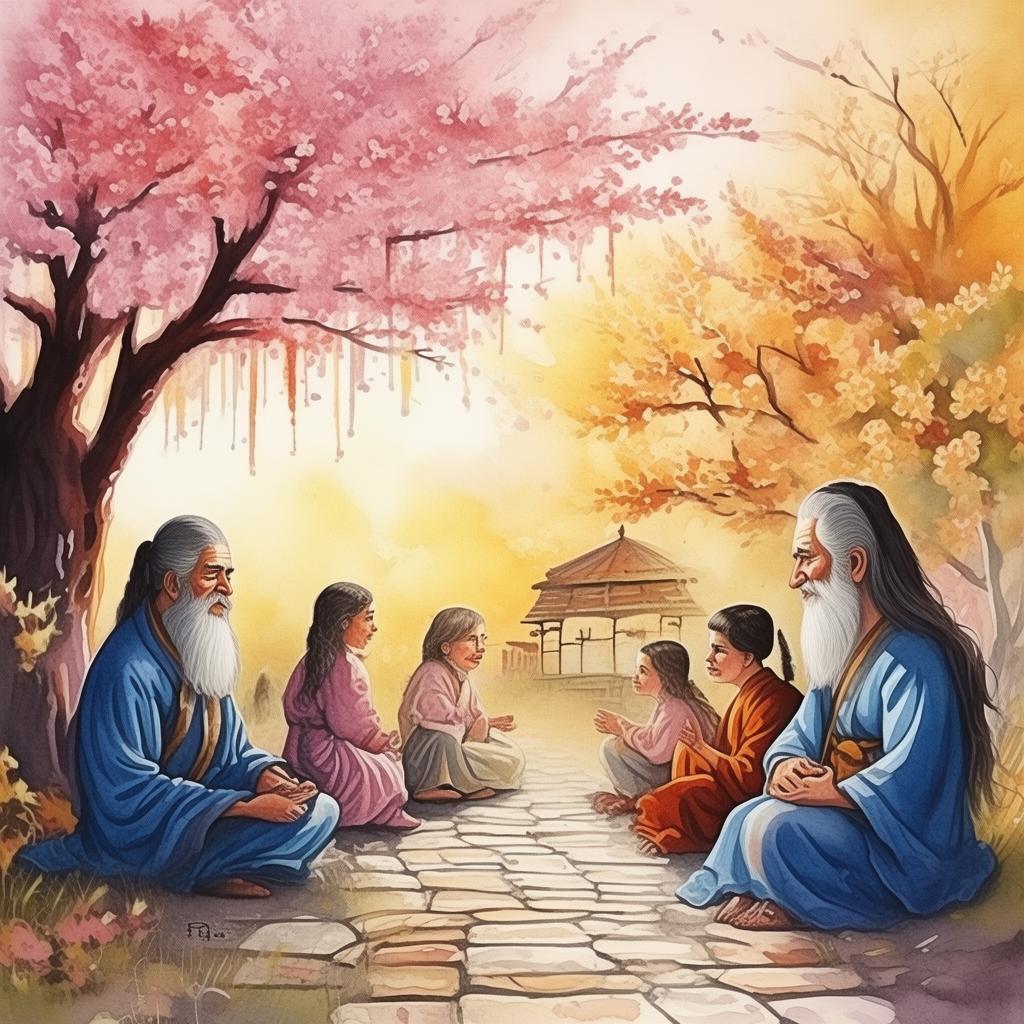The Script's Siren Call
In the bustling city of Chang'an, during the Tang Dynasty, there lived a young and ambitious writer named Li Yuan. His talent for weaving tales was unparalleled, and his stories were whispered throughout the land. One day, Li Yuan penned a novel that would change the course of history—a story that spoke of the power of the written word and the corruption of power.
The title of his novel was "The Written Rebellion," and it was a tale of a fictional empire on the brink of collapse. The story depicted a scribe who, through his words, awakened the people to the injustices of their ruler. The novel quickly gained popularity, and whispers of its influence spread like wildfire.
The emperor, a man of great intellect but questionable character, became obsessed with the novel's premise. He believed that if the power of words could bring about a revolution in fiction, it could also be harnessed to maintain or even enhance his own power. He summoned Li Yuan to the palace, offering him a position as the imperial scribe with the promise of untold wealth and influence.
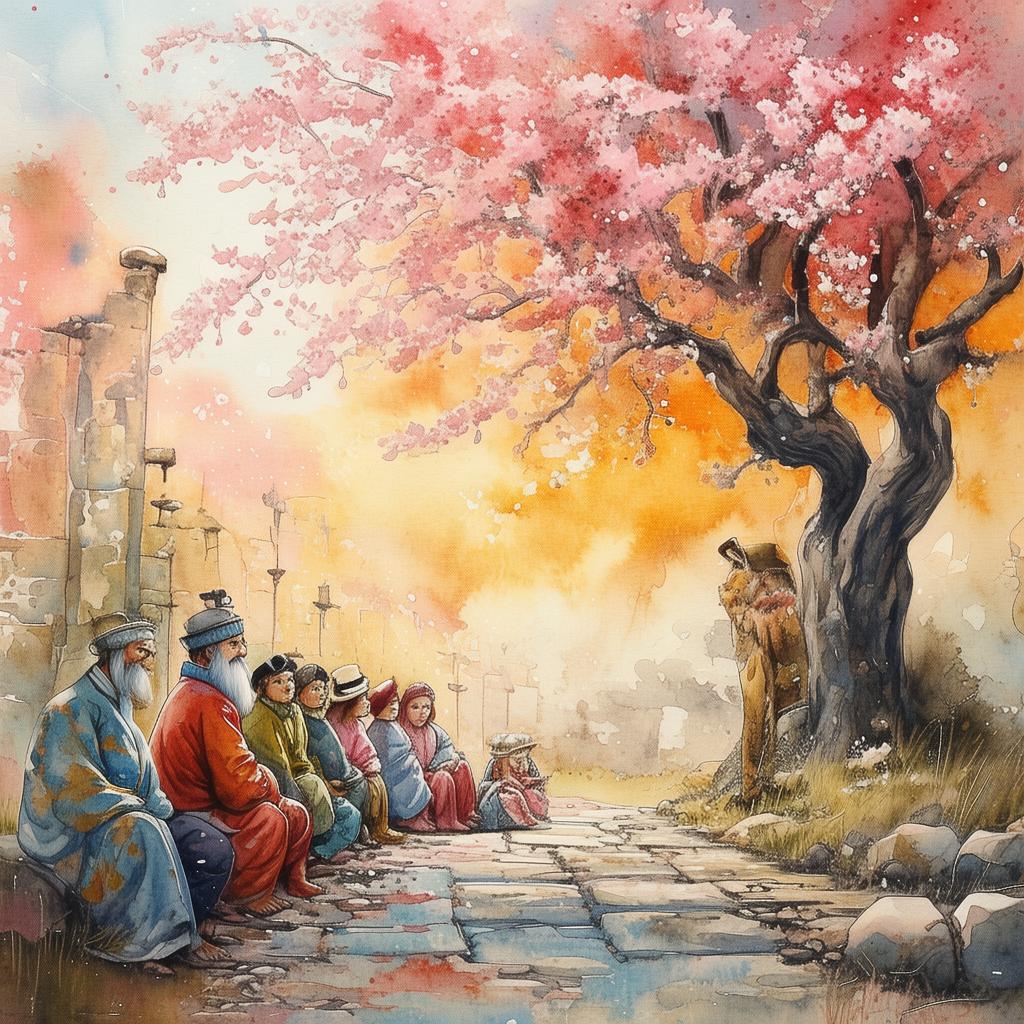
Li Yuan, however, was not swayed by the emperor's offer. He understood the true power of his words and the potential consequences of aligning with such a man. He sought to remain independent, to use his talent to inspire change rather than to serve the whims of a tyrant.
But as the novel's popularity grew, so too did the emperor's suspicion. He felt threatened by the idea that a common writer could influence the masses with mere words. The emperor's spies began to watch Li Yuan closely, searching for any sign of rebellion or subversion.
One night, as Li Yuan sat by his window, a shadowy figure approached. It was the emperor's most trusted spy, a man known for his ruthless efficiency. The spy delivered a message from the emperor: if Li Yuan continued to publish his novel, he would face the consequences.
Li Yuan, undeterred, decided to publish the novel in a secret edition. He knew that the risk was great, but he believed that the truth must be told. The novel was distributed under the cover of darkness, and its message spread like wildfire.
The people of Chang'an, inspired by the novel's depiction of a just and virtuous ruler, began to rise up against the emperor. The revolution was not a violent one, but a peaceful demonstration of the power of the written word. The emperor, faced with a populace that no longer feared him, was forced to step down from his throne.
Li Yuan's novel had become a symbol of the power of the written word to change the world. It sparked a revolution that was not just about the fall of an empire but about the dawn of a new era, one where the people's voices were heard and their rights were protected.
As the dust settled, Li Yuan stood before the new ruler, a man who had once been a subject of his novel. The new ruler, humbled by the events, offered Li Yuan a place in his government, but Li Yuan declined. He preferred to remain a free writer, his pen as his weapon against tyranny.
The story of "The Written Rebellion" became a legend, a tale of the power of words and the courage of one man to stand up against an oppressive regime. It taught the people of Chang'an and beyond that the pen was mightier than the sword, and that the power to change the world lay in the hands of those willing to speak truth to power.
In the end, Li Yuan's novel was not just a story; it was a revolution, a script's revolution that changed the course of history. And in the annals of time, his name would be forever etched as the writer who awakened the sleeping giant of the people's will.
✨ Original Statement ✨
All articles published on this website (including but not limited to text, images, videos, and other content) are original or authorized for reposting and are protected by relevant laws. Without the explicit written permission of this website, no individual or organization may copy, modify, repost, or use the content for commercial purposes.
If you need to quote or cooperate, please contact this site for authorization. We reserve the right to pursue legal responsibility for any unauthorized use.
Hereby declared.
